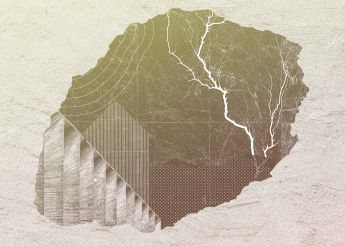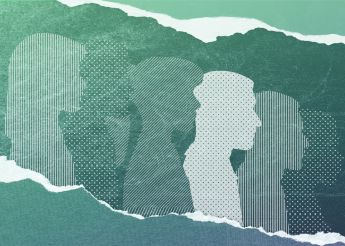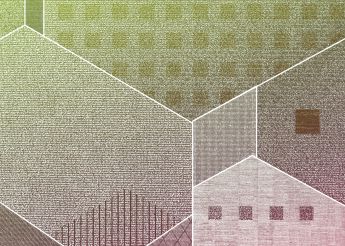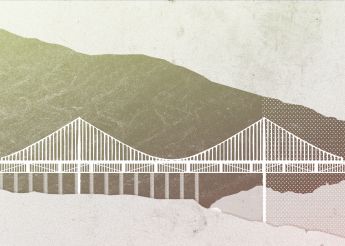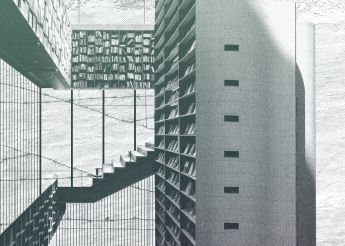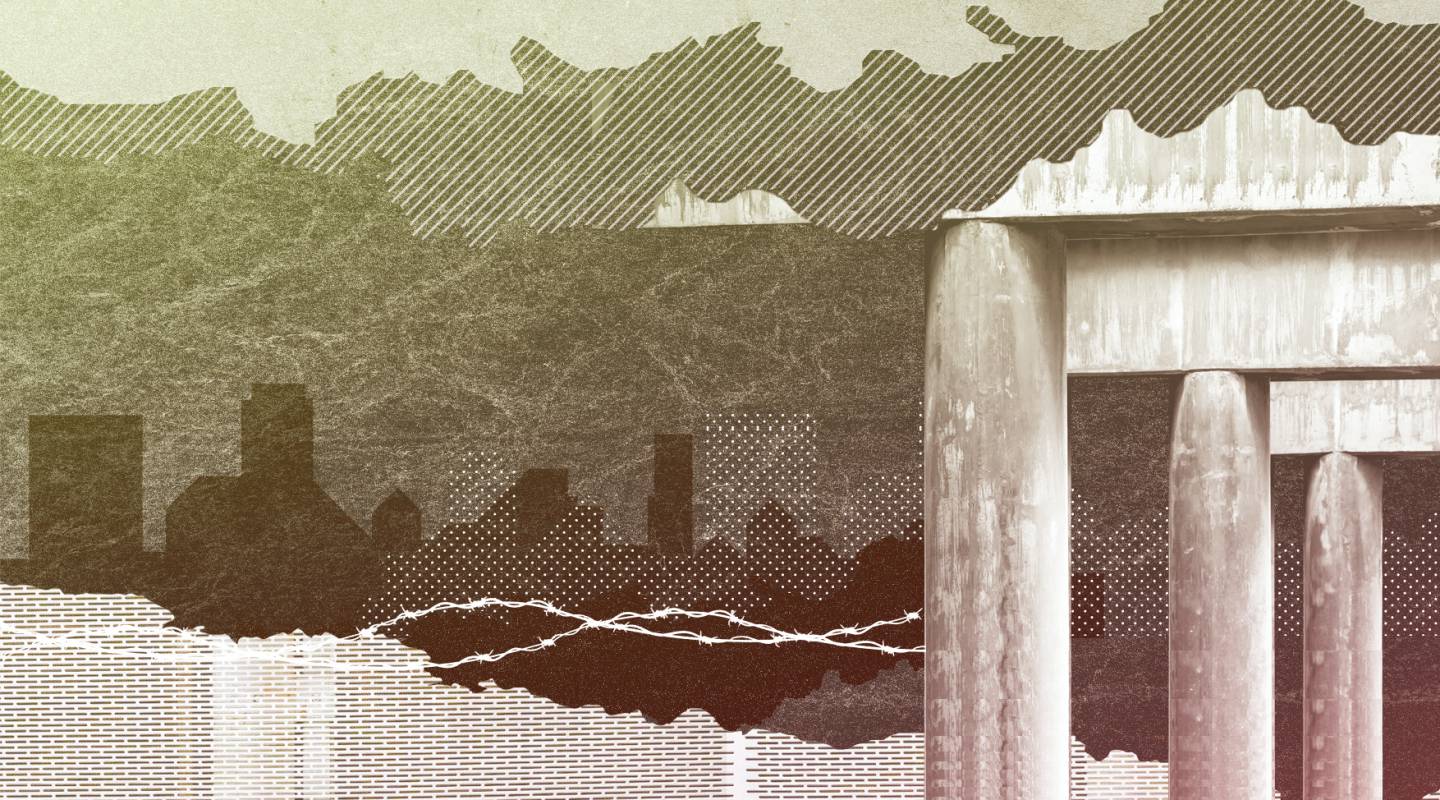
Regardless of the location or the context, prisoners struggle to ensure their rights are respected. Huge prison complexes, megaprisons and supermax facilities further distance them from their relatives and from society. Conventional security measures permanently undermine their dignity.
Is there another way? New insights are arising concerning alternative forms of detention that are integrated into the community, small-scale, increasingly focused on the needs of individuals and designed to promote human connection.
The Changing the scale series explores experience from the field, ideas that remain on paper and the potential limits and challenges of “small-scale” detention.
— This series was produced as part of the WISH-EU project, supported by the European Commission.
++
Changing the scale
Belgium: diverging pathways
Interview
Europe
Material conditions
Facilities
Overcrowding
Alternatives
Belgium
In recent years, authorities have followed a policy of constructing new ‘mega-prisons’. At the same time, the prison estate has welcomed the creation of smaller facilities. The simultaneous development of these opposing approaches raises a number of questions.
Women
Europe
Mental health
Material conditions
Facilities
Rehabilitation
United Kingdom
In 2022, a new type of detention facility was introduced into the Scottish prison system: Community Custody Units (CCUs). Through trauma informed principles, their aim is to empower women to manage their sentence plans and support their community integration. Interview.
France: rediscovering one’s image
Insights
Focus
Facilities
Social ties
Rehabilitation
Work
France
In 2011, photographer Béatrice Ropers visited Ferme de Moyembrie, an agricultural facility that takes in men nearing the end of their sentences. As the seasons changed, the subjects of her photographs shared their life stories, feelings and fears. She told us the story of one of her photographs.
Belgium: intersecting approaches
Interview
Europe
Material conditions
Facilities
Rehabilitation
Belgium
Hoogstraten Penitentiary School Centre (PSC) is an open prison operating in a 19th century castle. Kortrijk detention house is a small-scale facility located in an urban environment. Prison Insider examines their similarities and differences.
Can prisons be changed?
Interview
Europe
Discipline
Material conditions
Respect modules, an approach that originated in Spain, and dynamic security approaches aim to improve relationships in prison settings. However, their implementation encounters certain limitations. Valérie Icard, an associate researcher at CESDIP, focuses on these questions. Interview.
Norway: bridging the gap
Interview
Europe
Facilities
Social ties
Rehabilitation
Norway
WayBack is a non-profit organisation, whose objective is to help prisoners reintegrate into society. Prison Insider met with Johan Lothe, the director of WayBack Oslo, to discuss his unique perspective on supporting prisoners in their transition to freedom. Interview.
Building bridges through education
Interview
South America
Europe
Activities
Alternatives
Rehabilitation
Many initiatives are emerging as alternatives to the traditional prison, focusing on education rather than security. What is meant by education? How does it lead to change? Sergio Grossi answers our questions.

